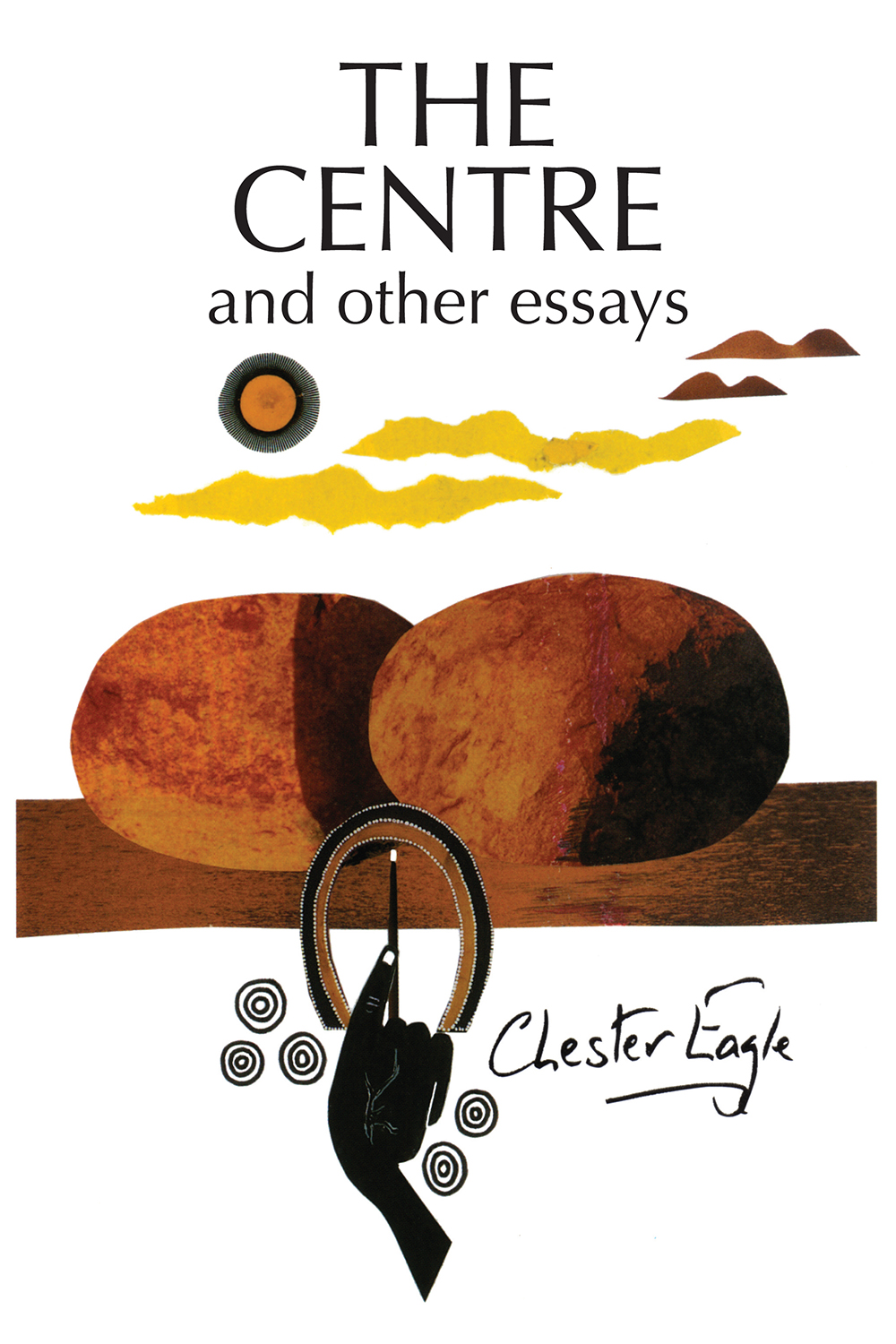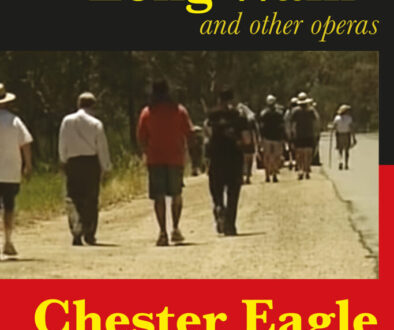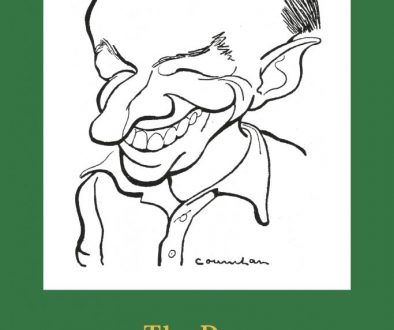The Centre and other essays

These essays roam far and wide, but have two centres – the middle of the Australian continent and curiosity about what the future holds. Globalisation is forcing eyes outwards, and sometimes, too, it creates a wish to defend the local against powers beyond our control. For countries where the political tradition is of chaos, despotism or corruption, the coming world may seem like more of the same, but for countries such as our own, with a tradition of holding governments accountable, unsettling problems loom. Mobility, too, is shaping the world, making the experience of being looked upon by tourists a part of daily life. We observe, and we are observed observing. The validity of the gaze, the experience of being subject and object, are changing, while the problems of power are what they always were: restless humanity, causing endless change, can’t change itself.
Written by Chester Eagle
Designed by Vane Lindesay
Layout by Chris Giacom.
First published 2002 by Trojan Press
200 copies printed
Circa 28,000 words
Electronic publication by Trojan Press (2006)
The writing of this book:
Like many people, I read the paper while I’m having breakfast. This means that the newspaper people set the agenda for my thinking, even though I break away from their settings all the time. Many of us do, though the effect they have is still there. In the latter half of 2001 I began to ask myself what were my concerns; it wasn’t that I was troubled by any particular issues, rather that I felt a need to listen for inner voices and questionings instead of having my thinking topics provided for me. The catalyst for doing so was that in the middle of 2001 I’d had two trips to the Northern Territory, and the effect of Kakadu, Uluru et cetera had been profound. Once again, a part of my country unknown to me before had entered my thinking. It had happened to me as a young man aged 22 when I’d been sent to Gippsland on a teaching appointment, and here it was, happening again. When I’d gone to Gippsland, a young man from the inland plains, and later the city of Melbourne, had encountered the eastern mountains; this time, a man from the coastal fringe was encountering, at last, the centre he’d been hearing about all his life.
It was a revelation. I thought central Australia was truly wondrous: harsh, beautiful, a place dictating a way to live that was almost the reverse of what was best in the places where I came from. I could feel my thoughts about my country changing yet again. The ideas that had been in my mind for a long time had begun to look tired. I should do some new thinking.
And I would write down my thoughts, but this wasn’t as easy as I had expected. I’ve already referred (see my notes to go with Hail and Farewell! An Evocation of Gippsland) to a struggle I had when I began to write the ‘Landscape and people’ section of that first book. Would I narrow my focus, and concentrate, or would I let my mind wander, picking things up and putting them down, in order to make connections across a wide region? I did the latter. When I started to write essays for the first time since I’d been a student, I encountered a similar problem. Essays are normally written in an argumentative or expository style, but I found that I was most interested when I was least certain; in other words, the things I was most interested in were likely to cause me to speculate, and question, rather than to assert. The essays would be structured, then, not by a sequence of ideas I wished to define and then defend, but by a sequence of queries that came to me as I did my thinking. It seems to me that to close one’s mind on any matter is a bit like setting up camp at the end of a day’s travel. The tent will be all right for a night or two, but will have to be pulled down when you move on; pulled down in order to be erected somewhere else and possibly in a different way. I think structures of thought are rather like this. Hence the way I’ve written these essays in The Centre. They don’t really aim for any finality, they’re just a record of a mind’s movement over, under and around the topics that seemed important at the time. I hope this is acceptable to the reader. It’s how most of us think, most of the time.



